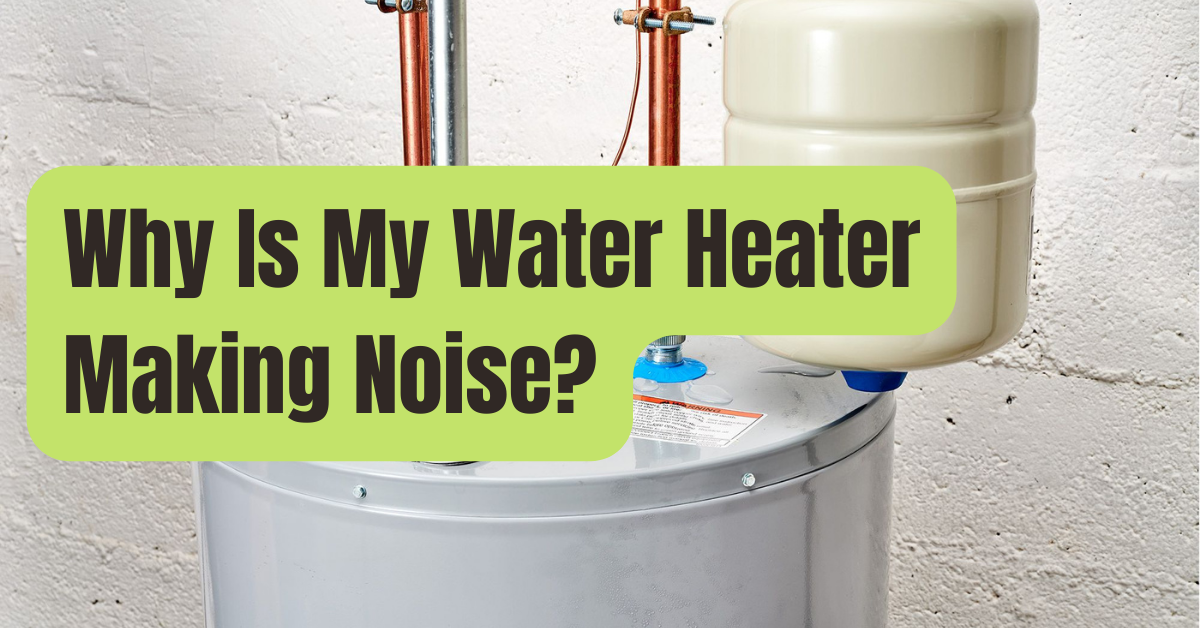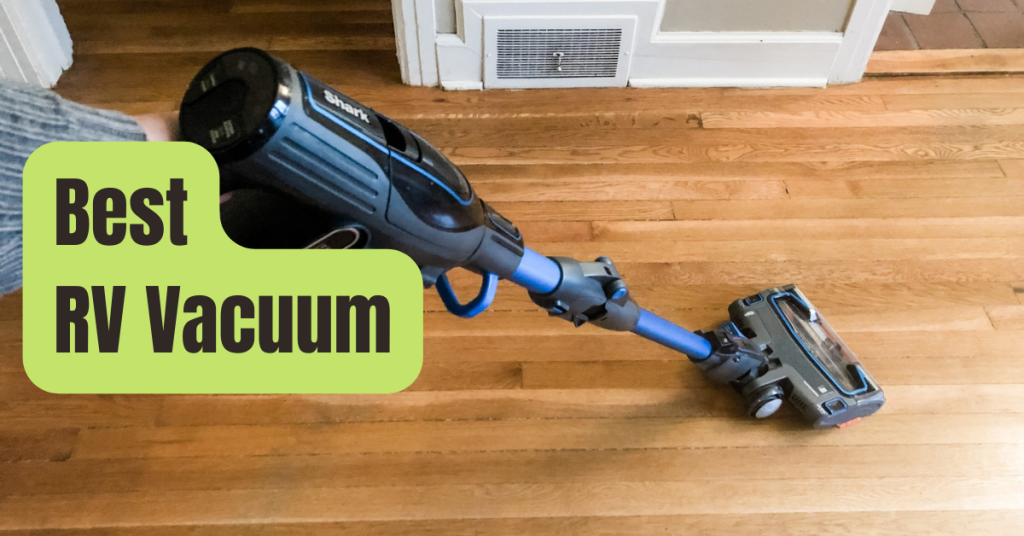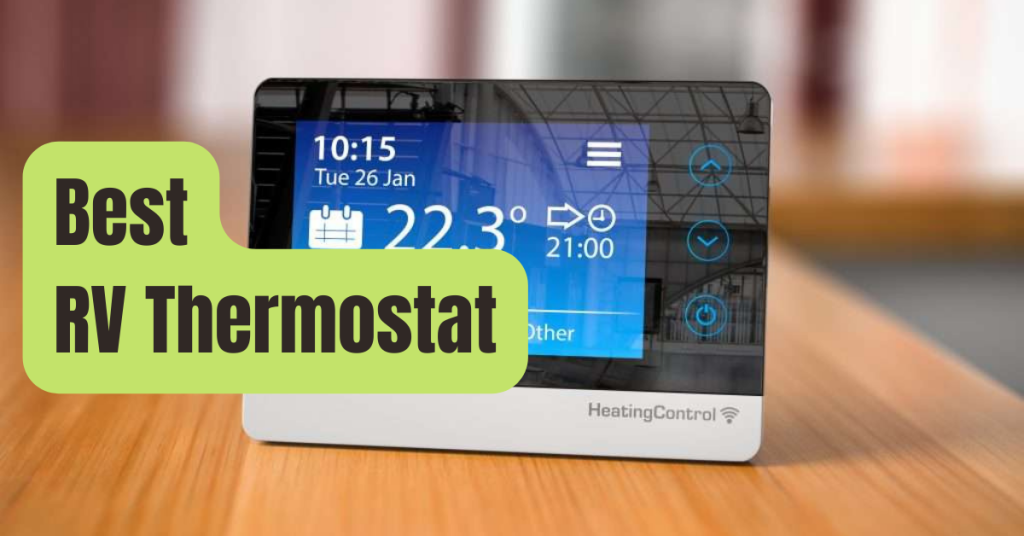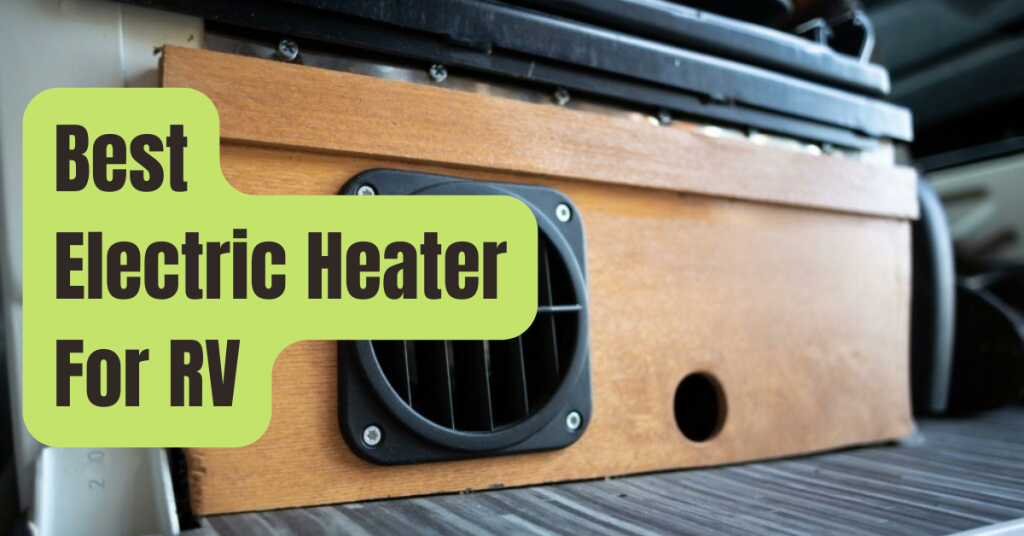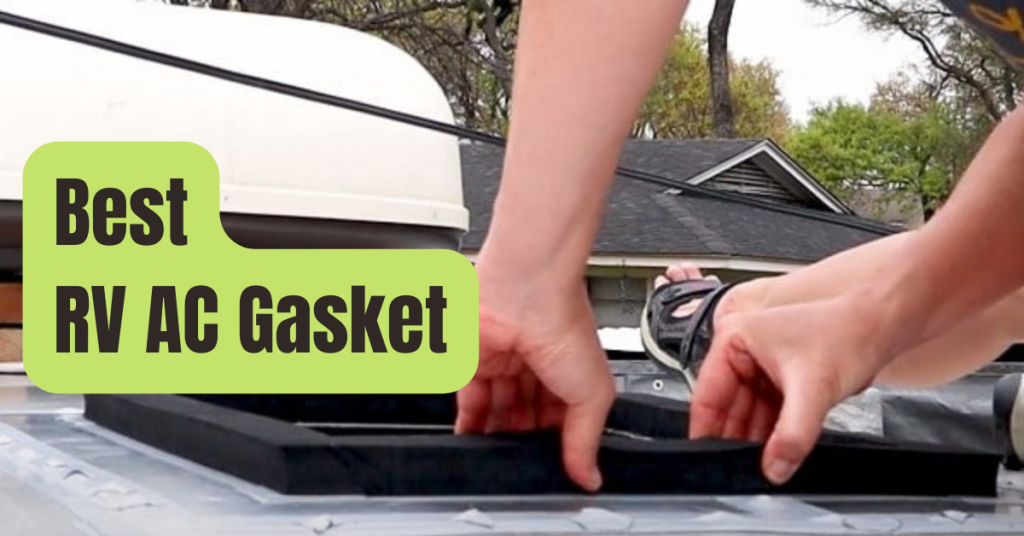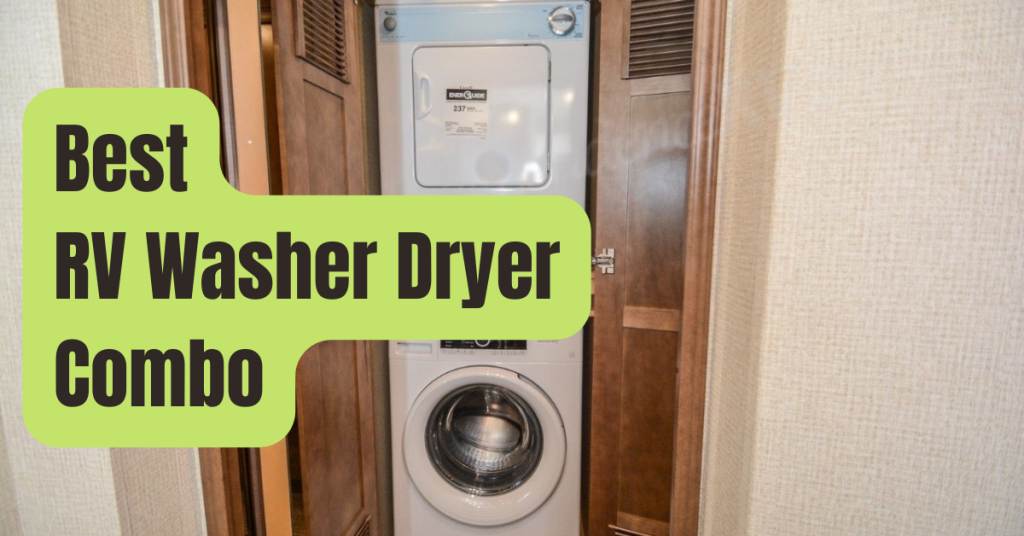For usage in the shower, dishwasher, clothes washer, or any sink in the house, cold water must first be heated by the water heater.
It may be challenging to diagnose and resolve issues with that crucial water heater when they arise, particularly if the noise is inconsistent.
Continue reading to learn more about the many sounds a water heater could make and what they might imply.
Warning
The majority of hot water heater issues should only be handled by a qualified specialist with experience working with hot water tanks.
Working on the hot water tank should be avoided even by seasoned do-it-yourselfers to avoid possible issues like a gas line leak, vent line rupture, scorching, or a potential flood.
#1. Rumbling
Hot water tanks often have sediment build-up, particularly if you reside in a region where hard water is common.
These mineral buildups settle within the tank and result in a variety of issues.
The silt in the hot water tank shifts against the sides and bottom of the tank as the hot water expands and warms, pushing through the sediment and producing a rumbling sound.
To remove the silt, seasoned DIYers may be able to flush and empty the hot water tank using a long hose.
Alternatively, you may want to try using a descaling solution to dissolve limescale within the tank.
To flush the tank, a professional plumber should come in once a year if you are not familiar with plumbing.

#2. Popping
Similar to rumbling, popping is often brought on by sediment and limescale build-up within the tank.
Steam bubbles that grow under the silt and explode when the water warms up are what provide the sound.
Using a descaling chemical to assist dissolve the limescale and minerals is a fast fix, however flushing and draining the tank to get rid of any accumulated sediment could be preferable.
An aluminum anode rod within the tank may also make popping noises if it is exposed to a lot of alkalinity.
This problem may be resolved by a plumber by switching the aluminum anode rod for a magnesium anode rod.

#3. Hissing, Crackling, or Sizzling
Electric water heaters often make sizzling, hissing, and cracking noises.
They are often attributable to sediment accumulation in the tank’s base, which may be prevented by cleansing and emptying the water heater once a year.
These noises occur when silt has covered the bottom heating element.
However, the sole sign of this issue isn’t usually annoying sounds.
As the water heater strains to heat the same volume of water with a substantially decreased capacity to create heat from the lower heating element, anticipate an increase in heating costs.
Although the issue is different, a gas-powered water heater may also generate sizzling noises.
A gas water heater’s internal condensation, which creates a sizzling sound as it falls down onto the burners, is what causes sizzling noises.
Condensation building up in the tank may indicate that there is a leak there.
To resolve this problem, a licensed plumber should be contacted.
#4. Ticking
Ticking sounds in and around the water tank may be brought on by variations in water pressure, efficiency-enhancing heat trap nipples, and slack pipe straps.
The majority of these reasons, which is fantastic news, don’t really pose issues that need to be fixed.
As long as variations in water pressure are not frequent and dramatic (such quickly opening and shutting the main building control valve), then this won’t do any harm to the system.
Similar to how efficiency-enhancing heat trap nipples enhance the water heater’s functioning, albeit if the ticking noise is very inconvenient, these components may be exchanged with non-heat trap nipples.
Although loose pipe straps aren’t a significant concern, it is a good idea to tighten or replace the pipe straps in order to solve this issue.
This will put an end to the ticking noise and keep the pipes from moving.
Alternately, turning down the heat a few degrees may lessen pipe expansion and put an end to ticking noises.

#5. Singing, Screeching, Or Shouting
Screeching, screaming, and singing are any high-pitched sounds that sound like the whistle of a boiling kettle on a burner.
These noises are often created when the flow of water via a valve is considerably limited.
The temperature and pressure relief valve, which is often found on the side of the water tank, should be checked first.
If the pressure within the tank rises too much, this valve is designed to let water escape.
Turn off the gas, electricity, and water to the tank right away if this relief valve is the cause of the noise, and then dial a plumber.
If the temperature and pressure relief valve isn’t making the noise, it can be coming from the intake valve, the exit valve, or any adjacent water lines.
Check the lines for any kinks or deformations that could be impeding the flow of water and make sure that all valves are completely opened.
Call a plumber to assist fix the problem if the pipes are broken or the noises persist.

#6. Hammering or Banging
The phrase “water hammer,” which describes a pounding or hammering sound made by the plumbing system when the water is forced to halt or change course suddenly, causing a pressure spike inside the system, is familiar to most people.
Water hammer has the ability to break household pipes and even cause the water tank to expand and distort.
If this problem persists, call a plumber for assistance and think about installing a pressure-reducing valve or a water hammer arrestor.


